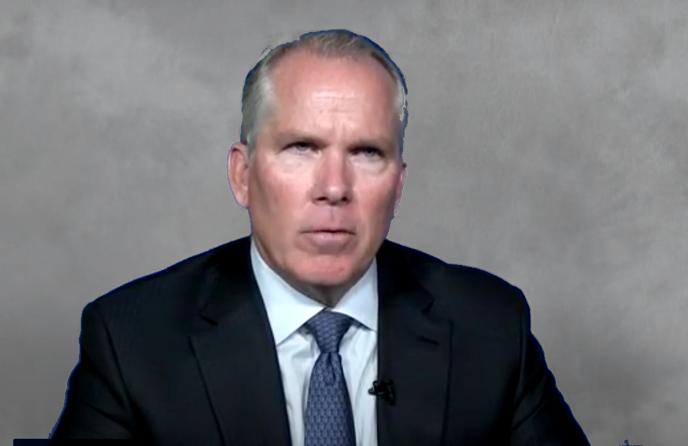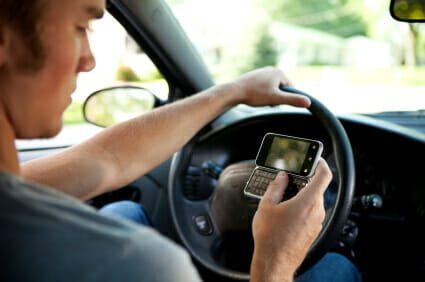On This Page
Causes of Amusement Park Accidents
According to U.S. Consumer Product Safety Commission (CPSC) reports, the most common causes of amusement park accidents include mechanical failures, operator behavior, and consumer behavior.
If your child has been injured at an amusement park, three types of law may apply – negligence, premises liability, and product liability law. A number of factors may be involved and a variety of responsible parties could be liable for your child’s injury. Thus, it is important that you seek immediate help from an experienced child injury attorney.
The “Roller Coaster Loophole”
The “Roller Coaster Loophole” refers to wording that was added to the Consumer Product Safety Act in 1981 that prevents federal safety experts from investigating fixed-site roller coaster accidents. This means that any amusement ride that is permanently attached to the ground is subject to state regulation. Mobile amusement rides however are subject to federal regulation. Often times you will find that fixed-site amusement ride regulations are often overlooked due to oversight from state officials.
Injured in an Amusement Park Accident? Contact an Experienced Amusement Park Injury Attorney
Amusement parks are intended to give families a fun, entertaining venue to have fun and relax. The last thing people should worry about when at an amusement park is their safety and the safety of their children. Regulation and oversight of fixed-site amusement parks can be lacking, which could lead to unsafe rides and experiences. If you or a loved one were injured while at an amusement park, contact Thomas J. Henry’s amusement park lawyers for a free case review.
Our experienced amusement park accident lawyers and injury attorneys are available 24/7, nights and weekends to take your call. Thomas J. Henry has offices located in Corpus Christi, San Antonio, and Austin, serving clients across Texas and nationwide.


























